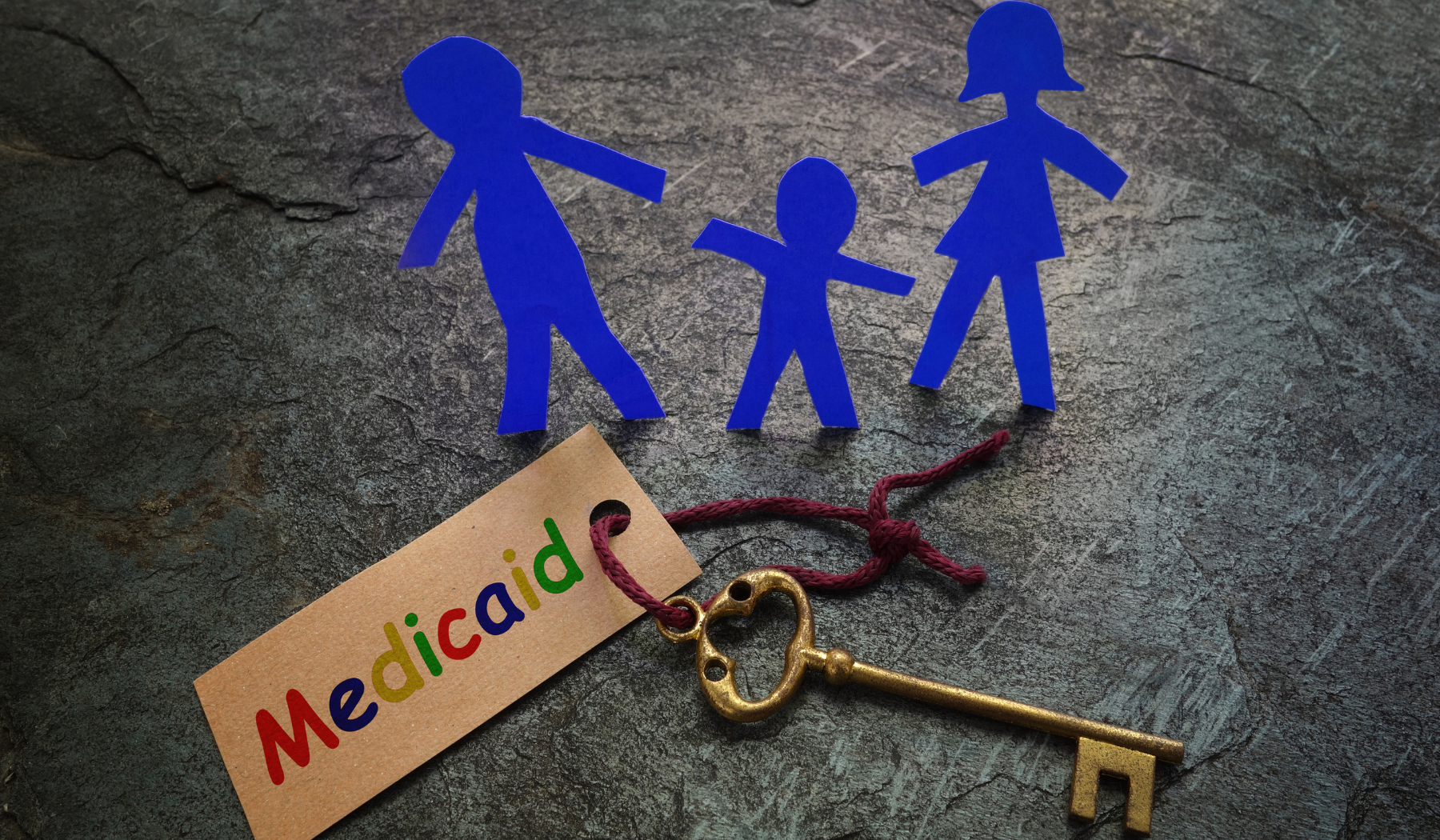
Like with anything, knowing how to do something correctly is the key. Medicaid planning is no different. Understanding the rules during life and after death is key. Just because you can do something in life does not mean that you should. It also does not mean that there will be no consequences after death. Understanding what Estate Recovery is, what it goes after, and what it doesn’t is essential.
Estate recovery in Pennsylvania is the state’s attempt at getting paid back at the time of an individual’s death for care that it has provided to that person, usually in the form of Medicaid payments for nursing home care. Pennsylvania will attempt to recover from the probate estate only of individuals who have $2,400 or more in their name at the time of their death. However, this definition is often misunderstood. Again, the state will only go after assets that are greater than $2,400, and only from probate assets in a person’s name at the time of their death.
In the case of married couples, in our practice, we will only keep $2,000 in the name of the person who is receiving care, and the rest will be put into the community spouse’s name. Because at the time of the death of the person receiving care, there is $2,000 or less, and nothing else, in their name, there is nothing for the state to go after for the care of the institutionalized spouse. Therefore, in a married situation, estate recovery doesn’t apply, as long as everything is done properly and follows the rules. Often, people fall into the trap of leaving $7,000 or $8,000 in the institutionalized spouse’s name simply because they are told they can, but they don’t understand that they are subjecting themselves potentially to having to raise an estate and having the state just take their piece anyway.
With a single person, including a widow or widower, we also do not have to worry about estate recovery if the plan is done properly. Just as with a married couple, the institutionalized individual or applicant will only have about $2,000 in their name, which will again be less than the amount that will trigger estate recovery. Where we find that a lot of individuals make a mistake is that they leave the house in the individual applicant’s name alone, exempting it because they “have the intent to return home.” Although this is one effective technique to be able to keep the house and still allow the individual to get care during his or her lifetime, the downside is that the state will place a lien at the time of death, up to the amount of care that was provided; when one considers that the state through Medicaid can pay up to about $8,600 for nursing home care, it does not take long for the state’s loanable amount to add up and even entirely swallow the value of the residence.
In general, in a single case, we can protect 50% of the overall assets. However, to protect those assets, we need half of the total amount of money to be in cash. Where we run into trouble sometimes is that the house is worth more than half of the assets, in which case we would need the children to either throw in cash or sell the home quickly to be able to protect half. In either scenario, however, we will still get the house out of the applicant’s name, because it is better to protect half guaranteed than have an opportunity for the state to take all of it in the future.
It is not my purpose here to get into the details of how asset protection works but to show that with proper planning, estate recovery is not a scary monster. If the plan is done properly, there won’t be any estate recovery, because the assets will never go through a probate or will be less than $2,400 in the applicant’s name at the time of death. In this area, working with a qualified professional who understands elder law and estate recovery laws is essential. It is very easy to make a mistake in this area, thinking that you are doing somebody a favor by exempting the home with the intent to return home. But that doesn’t do anybody any favors. You might as well do it properly and guarantee the protection of the assets.
If you would like to learn about these and many other topics, we invite you to contact our office to enroll in our free crisis planning workshop, offered every month, about how you can protect yourself and your family. Learn more about this here!


